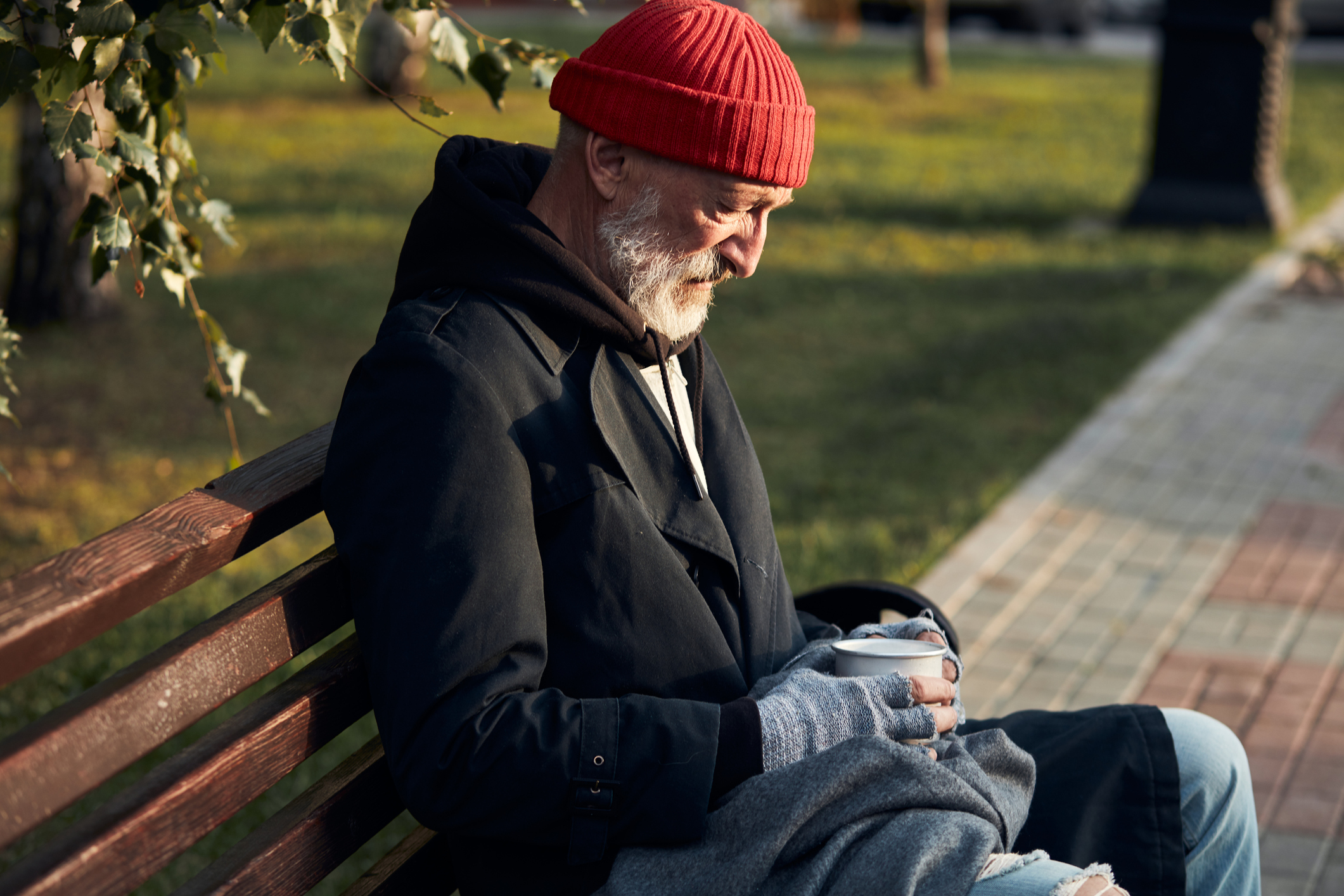With soaring costs across North America, diminishing support programs, and greater financial insecurity among older adults, a growing proportion of unhoused people are over the age of 50. Adults sleeping in cars, parks, or in an emergency or temporary shelter are more likely to experience accelerated aging and have a greater incidence of age-related illnesses including hearing, vision, and neurological problems, as well as emotional distress and frailty.
According to a recent McMaster Optimal Aging Portal Blog post, homelessness ages people prematurely with a greater risk for early onset of dementia, arthritis, and other physical and cognitive problems. Even at 50, many homeless adults are considered elderly. Not having a stable home can lead to social isolation and poor physical and psychological healthcare. Becoming unhoused can occur gradually over time due to unemployment, mental health problems, family issues, or insecure housing. A sudden loss of a loved one through death or divorce can also create a loss of housing and social support.
To combat the complex issue of homelessness among older adults, stable and safe housing, access to food and healthcare, and financial support are needed. Shelters cannot provide the stability, privacy, or independence that older adults need to regain their physical and emotional health and well-being following adverse life events. Researchers expect seniors’ homelessness to nearly triple over the next decade with the aging of the baby boomer generation and rising rents.
The number of people over 50 who are homeless continues to increase, and many seniors who lack family or have experienced abuse may have an increased risk for homelessness which can worsen health problems. According to a recent study funded by the University of Calgary, women are more likely to experience negative outcomes due to poverty in old age. Financial support for older adults is important to improve the health and well-being of the aging population.
Because a lack of safe, affordable housing is often at the heart of homelessness among older adults, implementing policies that protect low-income residents, including seniors, is vital. Many urban centers have been experiencing gentrification, or “renaissance”, but these efforts are designed to encourage wealthy people to move back to cities and into traditionally lower-income neighborhoods. As a result, low-income residents are pushed out and lose affordable housing and community services which may lead to homelessness.
Learn more about homeless seniors’ programs and services in your area by visiting your state or provincial website for local community care and support services. Local housing registries and senior apartments can help older adults access rent-geared-to-income units and support services. Access emergency and homeless shelter information by calling 2-1-1 or texting your zip code to 898-211*.






Add Your Voice
0 Comments
Join the Discussion